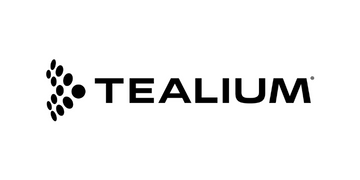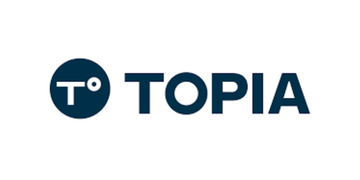Join our professional community platform – HRD Network!
You’ll gain actionable insights and access to thought-provoking events. Collaborate with peers and make new connections with a global community of HR leaders. Membership is free and exclusively available to senior HR professionals. Join here!
How will the role of CLO (Chief Learning Officer) evolve over time? How can CLOs overcome stumbling blocks while developing innovative ideas for coping with the current speed of change in L&D? Sign-up to HRD Connect’s exclusive webinar on September 13 to learn more.











